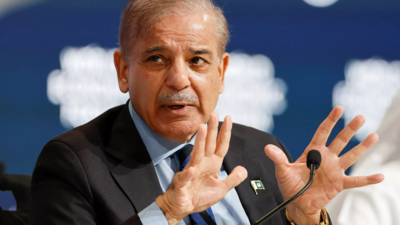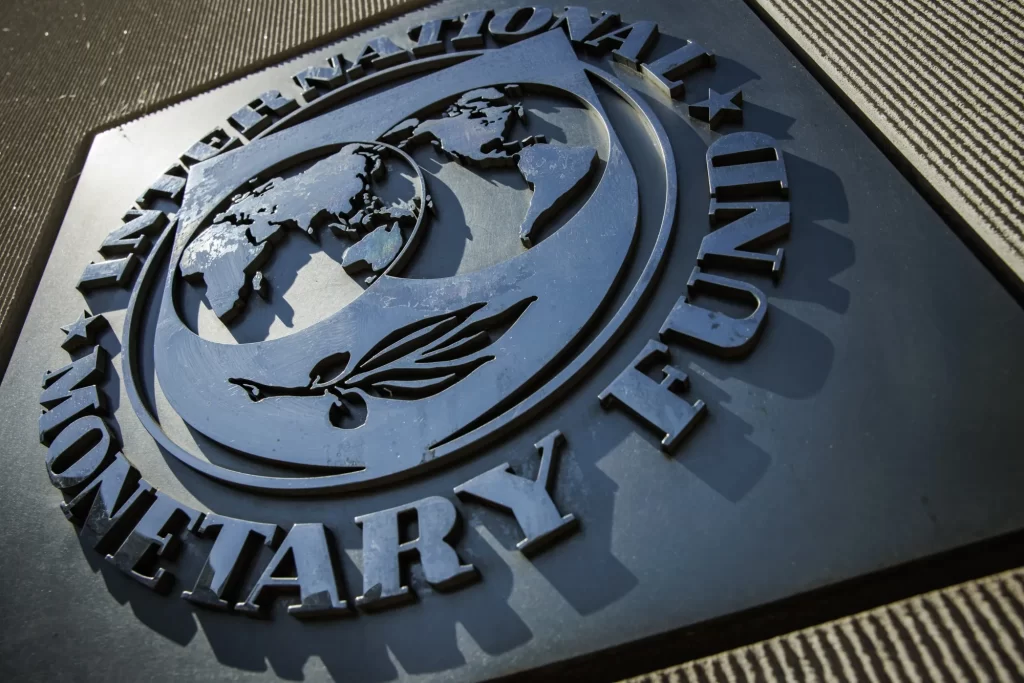Pakistan’s Prime Minister Shehbaz Sharif announced on Thursday that his country has fulfilled all conditions set by the International Monetary Fund (IMF) to secure a new $7 billion loan aimed at stabilizing the nation’s struggling economy.

Speaking at a Cabinet meeting, Sharif commended his finance team and advisers for their efforts in meeting the IMF’s requirements. The global lender is expected to formally approve the loan on September 25, when its board of executive directors is scheduled to meet.
“We have overcome significant challenges to meet the IMF’s criteria,” Sharif stated. “This loan will play a crucial role in addressing our economic difficulties.”
The Prime Minister specifically thanked China for its support in helping Pakistan secure the bailout, though he did not provide specific details about China’s role.
To qualify for the loan, Pakistan implemented several reforms demanded by the IMF, including:
1. Broadening the country’s tax base
2. Eliminating energy subsidies
3. Implementing structural economic reforms
These measures, particularly the elimination of energy subsidies, have raised concerns among many Pakistanis who are already struggling with high living costs.

Pakistan’s Finance Ministry released a statement confirming that all matters with the IMF have been “amicably” finalized. This announcement comes two months after the IMF initially reached a staff-level agreement with Pakistan for the new loan deal.
The country is currently facing one of its worst economic crises in recent history, with dwindling foreign exchange reserves, high inflation, and a depreciating currency. Sharif expressed hope that the new loan would help Pakistan reduce its reliance on foreign borrowing in the coming years.
“This loan is a stepping stone towards economic stability and self-reliance,” Sharif added. “We are committed to implementing further reforms to strengthen our economy.”
If approved by the IMF’s board, the new loan deal would last for 37 months, providing Pakistan with much-needed financial support as it navigates its economic challenges.
The IMF’s decision to potentially grant this loan comes at a critical time for Pakistan, as the country grapples with political instability and the aftermath of recent devastating floods that caused billions of dollars in damage.
Economic experts remain cautiously optimistic about the loan’s potential impact, emphasizing the need for continued fiscal discipline and structural reforms to ensure long-term economic stability.
As Pakistan awaits the IMF’s formal approval, the government faces the challenge of balancing the implementation of tough economic measures with the need to provide relief to its citizens struggling with rising costs of living.
apnews.com



